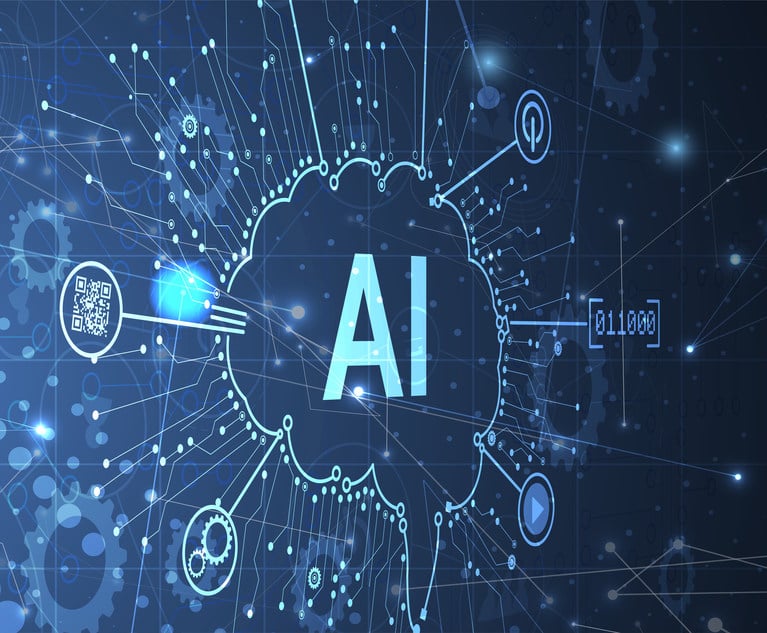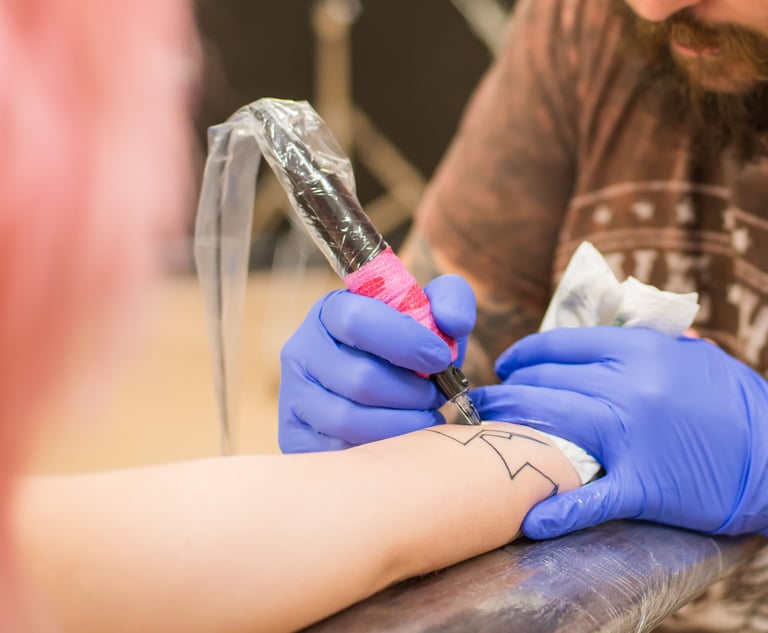Drug discovery involving artificial intelligence (AI) tools has quickly occupied significant territory in the pharmaceutical industry. One study found that the number of startup drug candidate pipelines employing AI is roughly equivalent to 50% of the preclinical programs of big pharmaceutical firms. See, Jayatunga et al., “AI in Small-Molecule Drug Discovery: a Coming Wave?” Nature Reviews, March 2022. The prevalence of AI has generally led to significantly reduced drug discovery timelines. Current research data indicates that AI-driven discovery pipelines on average reach the preclinical phase within four years, compared to the conventional expectation of five to six years. Id.
Despite the values brought to the business, the rapid implementation of AI might have created unintended effects in law that could severely impact a pharmaceutical company’s right to the drug. The IP rights in AI-driven drugs, like those in drugs discovered using conventional methods, will mostly take the form of patent exclusivity before the generic market is open to competitors. Yet, AI use in drug discovery is still early enough, that if AI “discovers” the drug, the state of law has not yet been established to address whether the pharmaceutical company will enjoy a similar exclusivity. Two recent case decisions, despite not being related to drug discovery, are examples signifying that there can be circumstances where a pharmaceutical company may not be entitled to the same exclusivity. In a copyright registration case, the U.S. Copyright Office has denied the registration of an artwork named “SURYAST” that was generated by AI, finding insufficient human authorship in the creative work. On the patent front, in Thaler v. Vidal, 43 F.4th 1207 (Fed. Cir. 2022), the Federal Circuit held that the term “inventor” in the Patent Act refers to a natural person, and, thus, AI cannot be an inventor. The logical extension of the holding of Thaler is that, if AI is deemed the sole inventor of a drug, the drug will be ineligible for patenting under 35 U.S.C. §101, which states, “whoever invents … may obtain a patent ….”

 Credit: kras99/Adobe Stock
Credit: kras99/Adobe Stock







